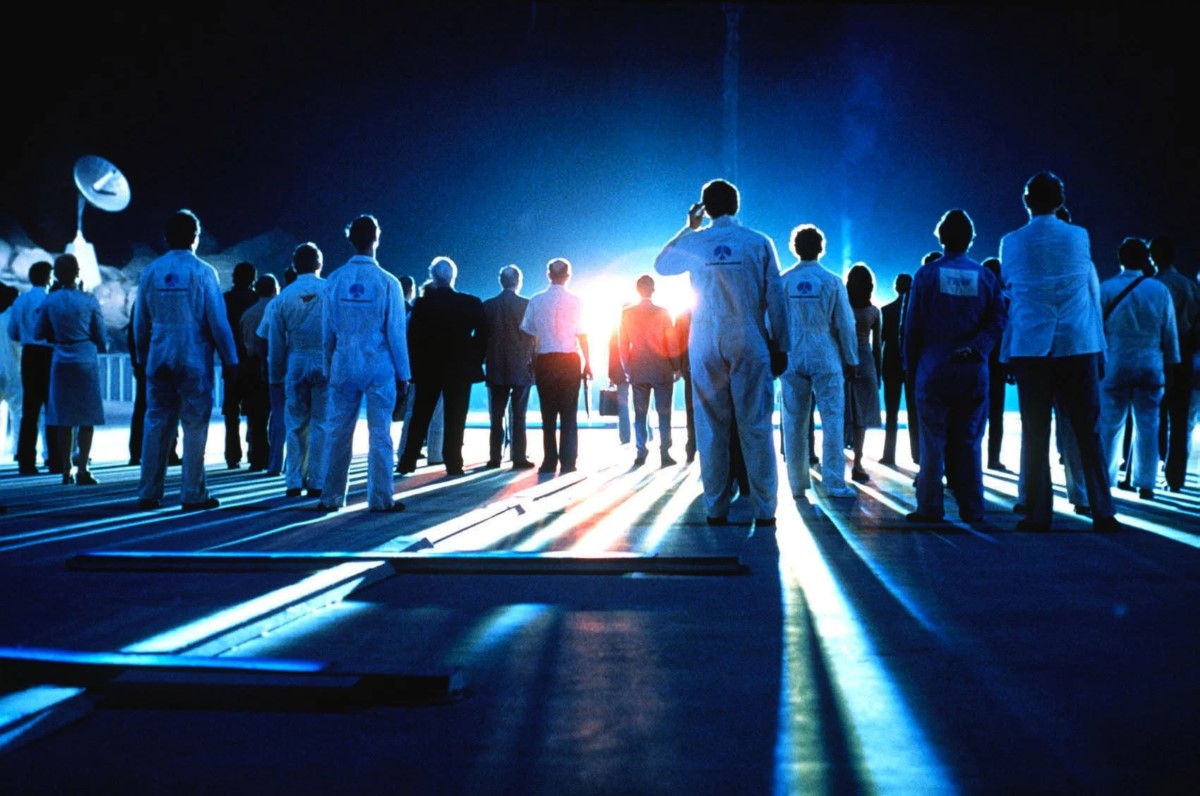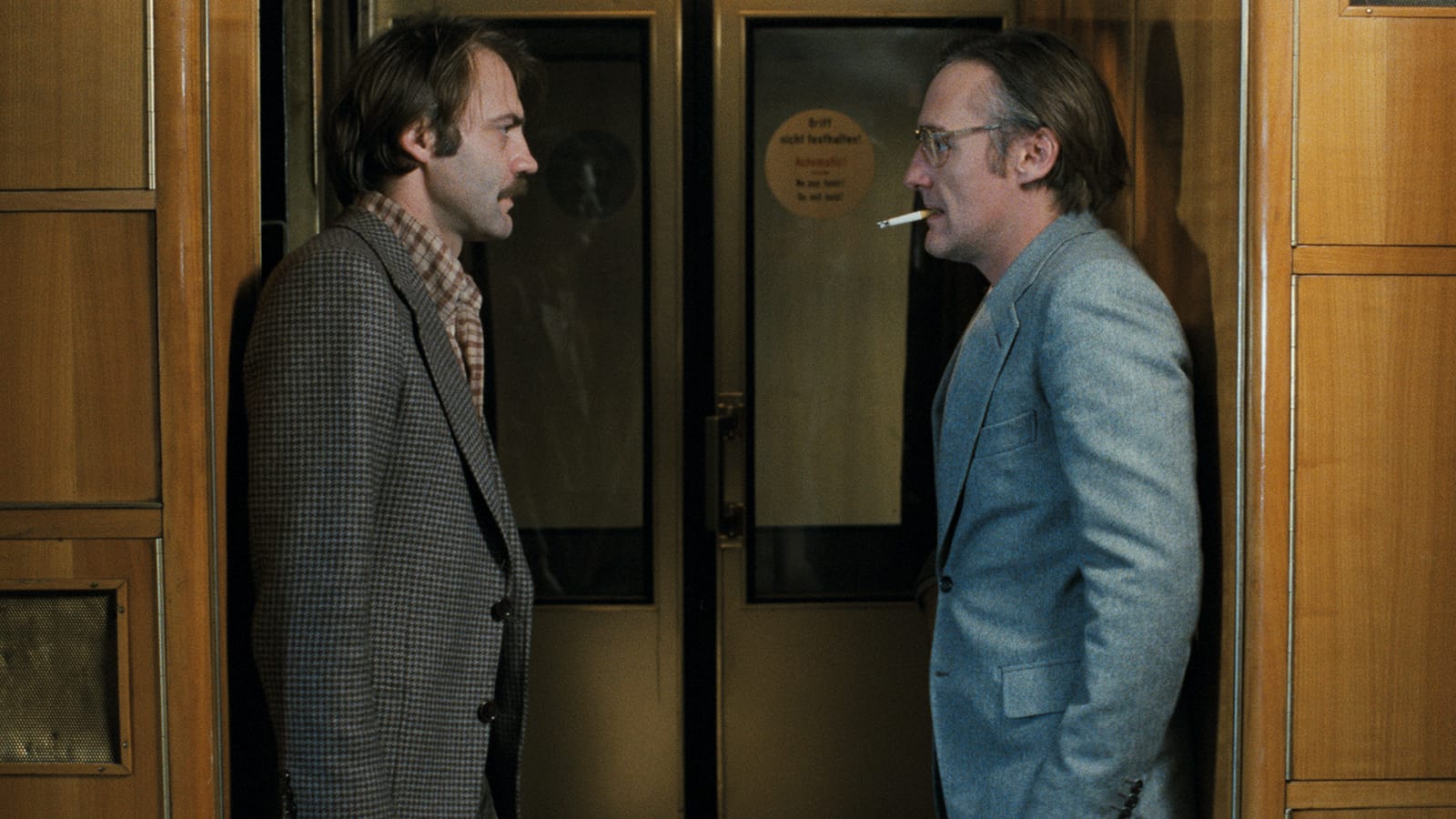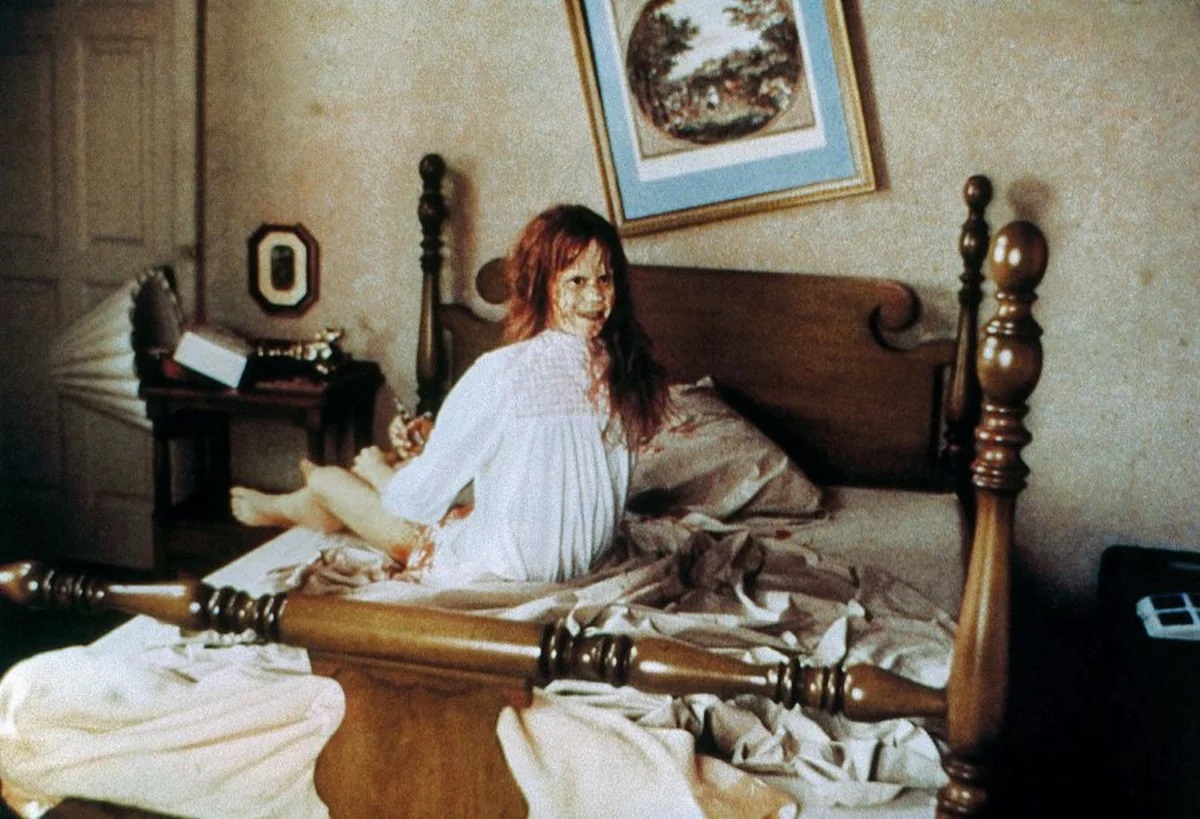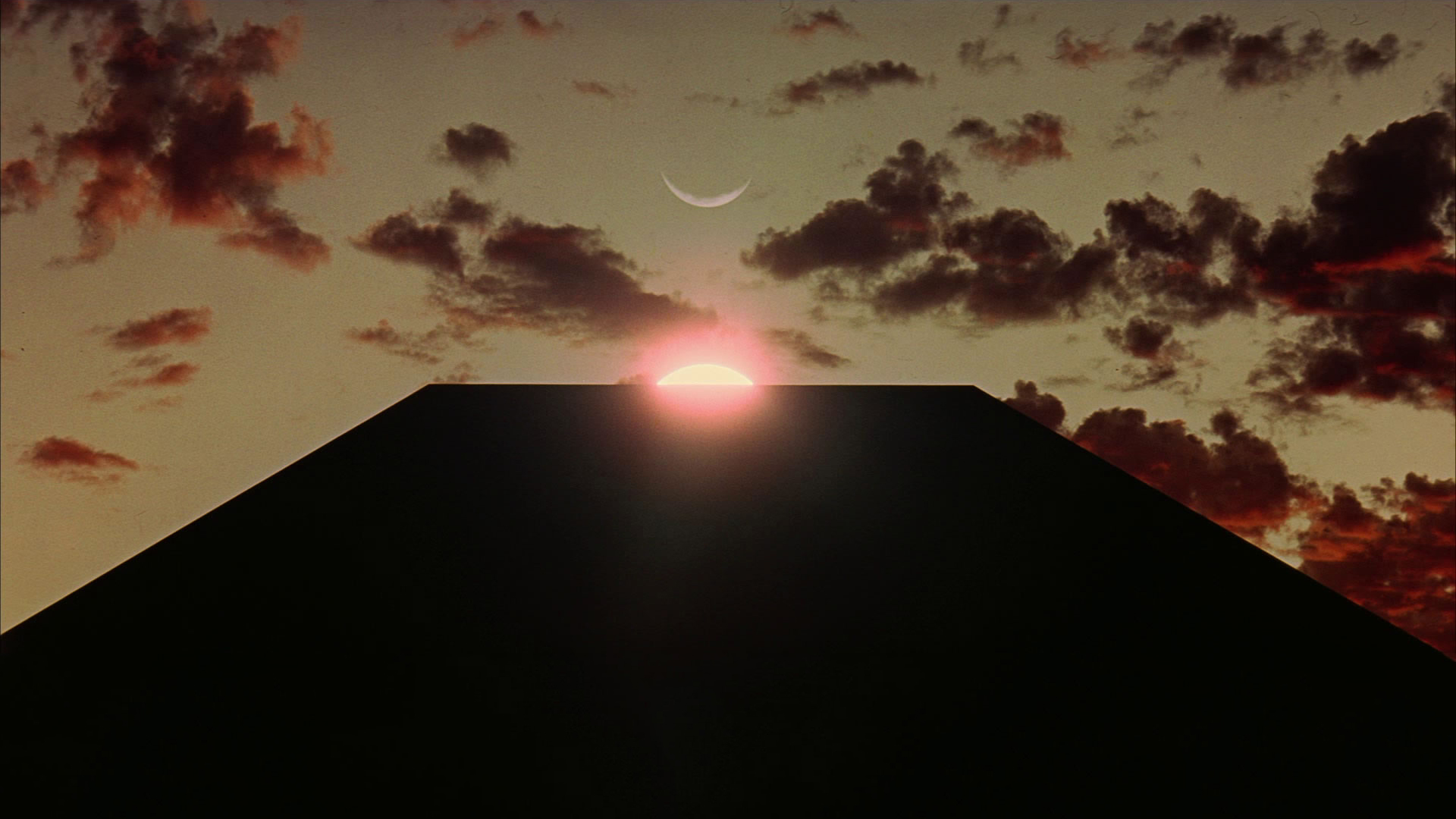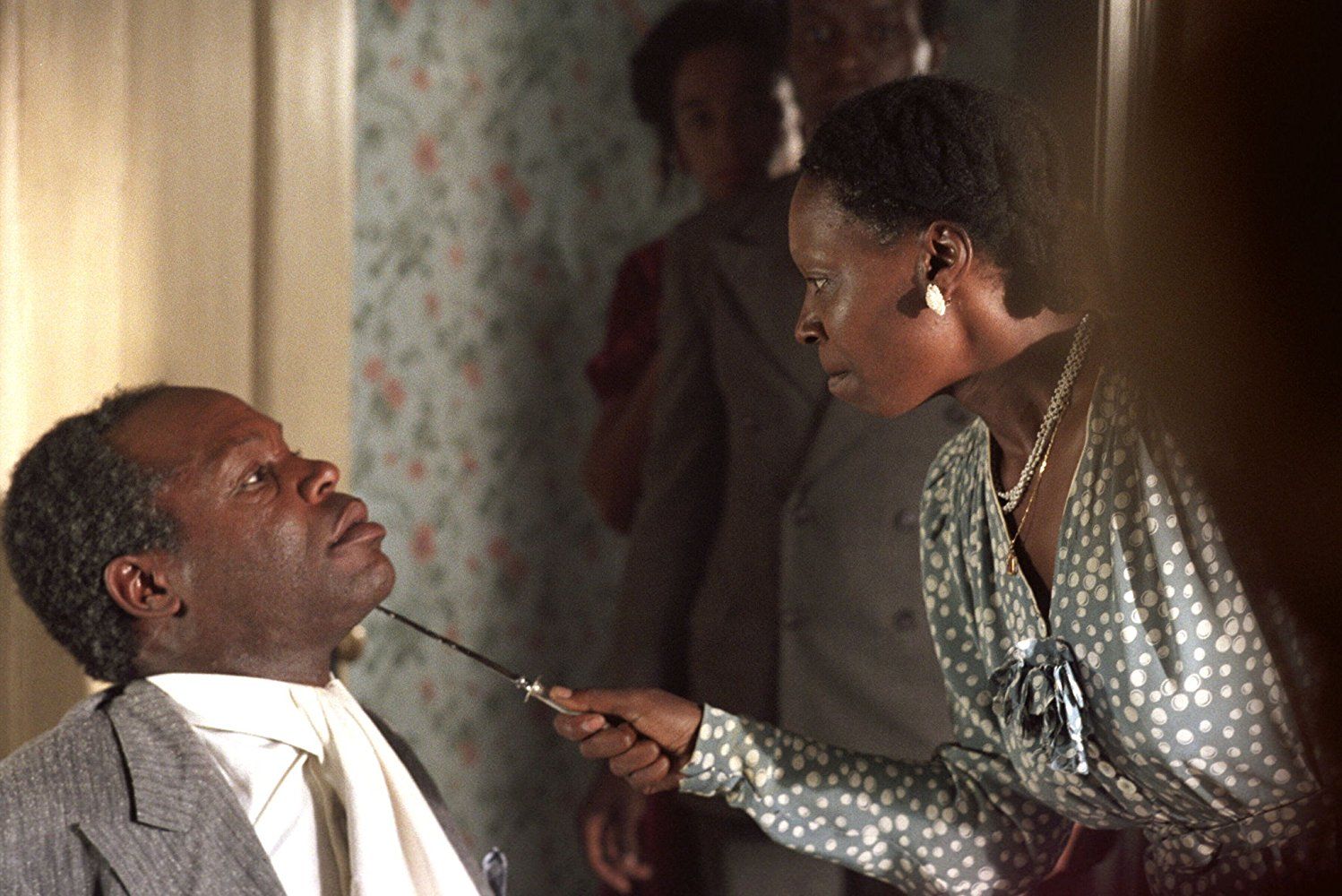THE GODFATHER: KEEPING UP WITH THE CORLEONES – Review by William S. Pechter [Commentary]
The Godfather is, furthermore, and by critical consensus, a stunning confirmation of my claims for Coppola’s talents: vividly seen, richly detailed, throbbing with incident and a profusion of strikingly drawn characters

